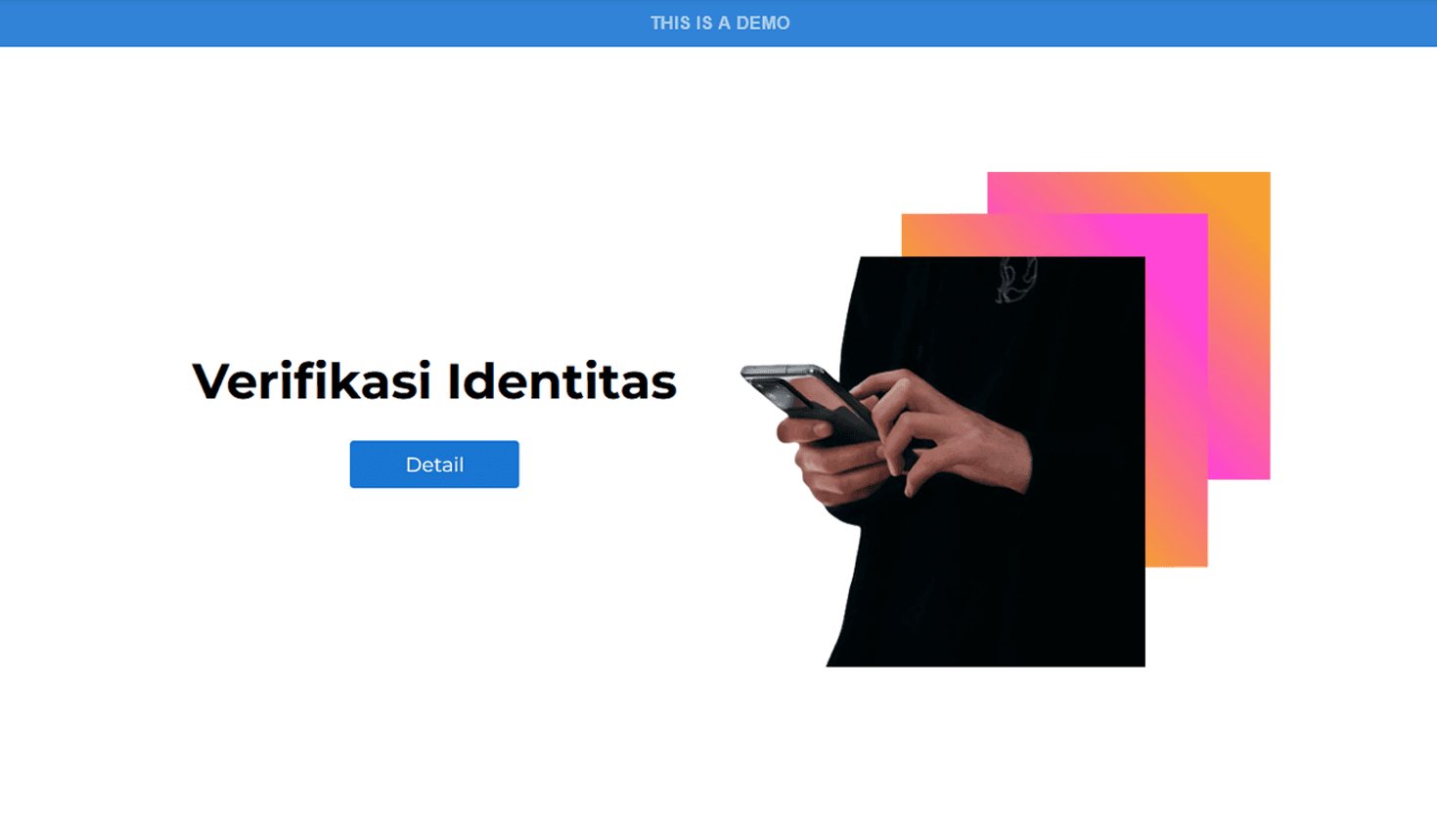concepts
Leveraging Soulbound Tokens for Secure NFT Transfers in the Blockchain Landscape
Harnessing the potential of Soulbound Tokens as a pre-requisite for Non-Fungible Tokens (NFTs) transfer, we present an innovative pathway to seamlessly integrate blockchain technology into conventional financial systems and real-world asset transactions. This approach not only ensures greater accountability and enhanced security but also unlocks a plethora of novel business opportunities.
In the dynamic realm of blockchain, which functions as an almost anonymous, permissionless system, the importance of reliable identification and accountability becomes amplified, especially when participating in traditional financial systems and real-world asset transactions. The existing system, which allows unrestricted transfer of digital tokens from any digital wallet address, necessitates a dependable method for associating digital wallet addresses with real-world identities. Such a system would enhance the legal assurance for business transactions and mitigate potential risks.
To resolve these challenges, we propose an innovative solution that leverages the power of Soulbound Tokens and NFTs. With their inherent non-transferability, Soulbound Tokens can be exclusively issued to blockchain addresses verified in real-world contexts. These tokens can serve as virtual gatekeepers for specific platforms (token gating) and could potentially replace 'bank account numbers' or act as Customer Identification Numbers in the financial/banking sectors. In effect, Soulbound Tokens could serve as digital certificates verifying successful Know Your Customer (KYC) and Anti-Money Laundering (AML) procedures. Complementing this system, NFTs can be utilized to represent Real World Assets and become exclusive to addresses already owning Soulbound Tokens, thereby enforcing the requirement for NFT transfer.
While addressing the pressing issues of identification and accountability in blockchain transactions, this method also opens up a variety of new revenue streams. By focusing on the Decentralized Finance sector within Bank Rakyat Indonesia's business units, we can generate income through transaction fees collected from deposit and lending activities, interest spread from funds or liquidity allocated for loans, and advertising revenue from associated business units.
In conclusion, the application of Soulbound Tokens as a mandatory requirement for NFT transfers provides a ground-breaking approach to merge blockchain technology into conventional systems. This amalgamation promises to foster greater accountability, improved security, and an array of fresh business opportunities, paving the way for a new era in digital transactions.


